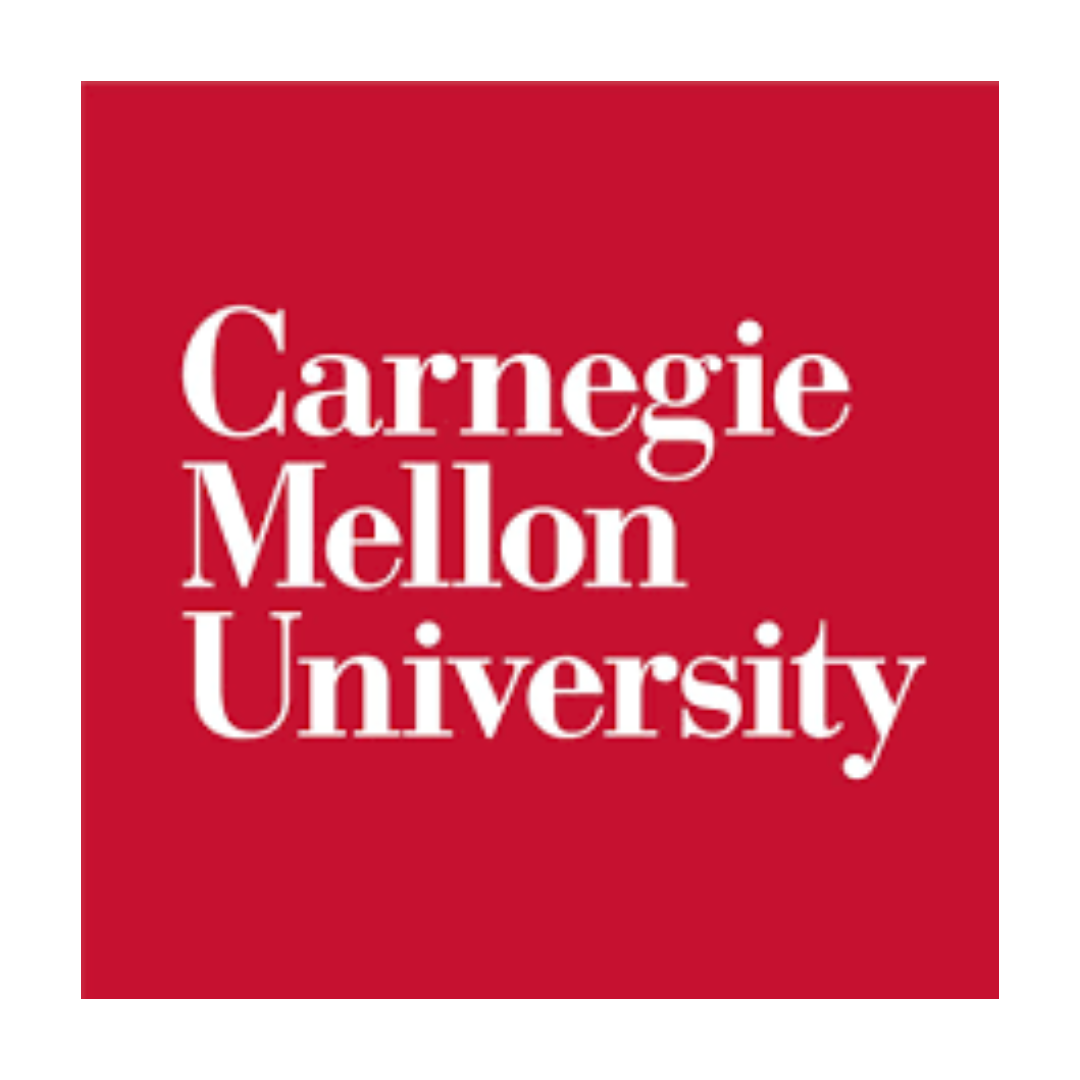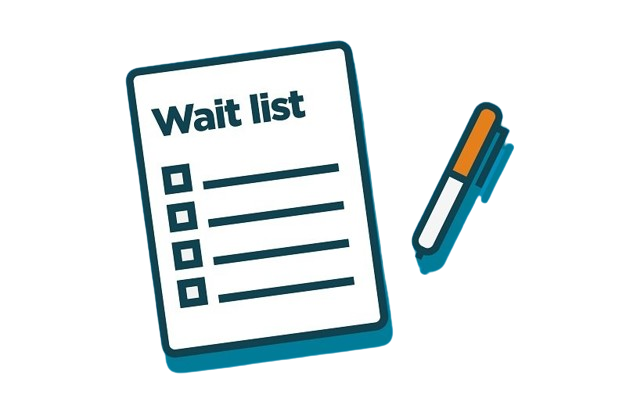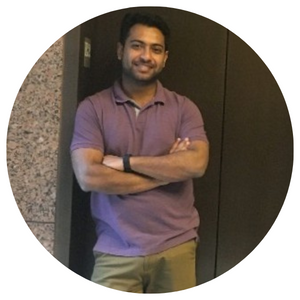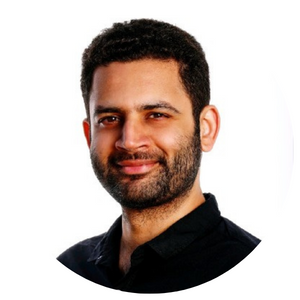
Insights from Carnegie Mellon University Admissions Director.
Find out how you can get into top universities like Carnegie Mellon University. Scroll down to watch the whole video transcript of the webinar.


J.R. McGrath,
Executive Director of Masters Admissions,
Carnegie Mellon University
About the Speaker:
In 2021, J.R. McGrath became an integral part of the Masters Admissions team, i.e., the role of Executive Director. With enthusiasm, J.R. looks forward to engaging with exceptional candidates and guiding them through the admissions journey. Possessing a Bachelor of Science in Physics and a master’s in college administration, he brings an extensive 17-year background in collaborating with high-achieving college students.

Pavithra Srinivasan,
Founder & Product Director, Galvanize
M.S., in Electrical Engineering, Stanford university
About the Host:
Pavithra has graduated from Stanford University with a 100% Fellowship Scholarship in her domain. She worked at various hi-tech companies in the U.S & returned to India with a vision to revamp the Test Preparation space with a more personalized study based program and started Galvanize. Pretty much all of the courses we offer have been personally worked on by Pavithra – giving it that elite Stanford touch.
Watch the webinar now to gain insider tips on CMU application and other admission techniques!
Session completed on Friday, 9th June 2023.
Key Highlights of the session:
1. Eligibility Criteria for CMU Admission:
- Explored the academic and prerequisites for admission to CMU.
- Insights on how to build a strong profile for your desired course.
- Covered the required cut-offs to boost your profile.
2. Scholarship Options at CMU:
- Discovered various scholarship opportunities available at CMU for eligible students.
- Insights about merit-based scholarships, the application process and deadlines for scholarship consideration.
3. CMU’s Available Programs:
- An overview of the diverse range of Master’s, MBA, and PhD programs offered at CMU.
- Insights on deferring courses, opting for multiple programs etc.
- Covered the career opportunities available and outcomes.
4. Application Deadlines:
- Crucial application deadlines for your chosen programs.
- Step-by-step guide to the application process, including document submission, interviews, and any additional requirements.
5. Tips for Freshers
- Insights into how the interview panel evaluates candidates with limited work experience.
- Tips for freshers on how to effectively communicate their strengths during the interview.
6. Opportunities available:
- Information on part time job opportunities available and how to get RA/TA graduate assistantships
- Some general advice on people aiming for universities like CMU.
Our students who have received admissions from CMU.
Get your profile evaluated to know whether you're eligible to get into CMU or other similar universities!
Explore Now!Sneak- Peak of the Q&A session!
1. What are the cut-offs for GRE/TOEFL in CMU? The website generally says no minimum cut-off. Apart from test scores, what else does CMU consider for application?
A: 1. TOEFL Requirement: Minimum TOEFL score of 100 is required for CMU. No section should have a score below 22.
2. GRE for Business School: Concerns arise if the GRE score on the business school side is below the 50th percentile.
3. Additional Proof Points: A score less than the 50th percentile should be supplemented with other proof points.
4. Consideration of Other Factors: Admissions consider factors beyond test scores such as the SOPS, LORS etc. Make sure to have them up to the mark.
2. Who is eligible for a scholarship— some general profile parameters?
1. Varied Scholarship Availability:
Scholarships vary based on factors like program history, alumni support, and endowment funds. They typically range from zero to fifteen thousand dollars.
2. Research is key:
It’s crucial to align your scholarship expectations, Before applying, thoroughly research the program, understand class profile averages, and assess where you stand.
3. Main factors:
Programs use scholarships to attract top students. Factors such as work experience, test scores, GPA, and interview performance are crucial determinants.
4. Competitive Nature :
Competition for scholarships is fierce. By keeping these key points in mind, successful candidates often stand out as top performers within the applicant pool.
3. What are the part-time work opportunities in the CMU campus?
A: 1. On-campus work opportunities for graduate students, including international students, are plentiful. Various departments such as admissions, career offices, and leadership centers frequently hire graduate student. General on-campus roles contribute to the university’s overall functioning. On-campus positions can be particularly beneficial for first-year graduate students.
2. International students often secure part-time internships for income. Having a summer internship aligned with Curricular Practical Training (CPT) requirements is crucial for international students. Some schools offer optional internship classes after the required CPT period, providing ongoing work opportunities for international students. External organizations may offer higher hourly rates compared to on-campus positions.
Remote work has become a viable option, creating more opportunities for side hustles. Students, including international students, should strategically choose when and where to pursue on-campus or external opportunities.
4. How does the waitlist work in CMU? When can a decision be expected under this category? Also, does being on the waitlist mean there is a higher chance of getting accepted?
A: If you find yourself on a waitlist, it’s crucial to recognize that the admissions committee sees potential in your application. You still have a chance of being admitted. In our business school programs, those who had an interview and are waitlisted generally have a higher probability of acceptance. We provide new decisions in each round, allowing applicants to confirm their interest in remaining on the waitlist. Staying engaged with the school is beneficial, as demonstrated interest can impact selection from the waitlist. Continuing to participate in events and maintaining a presence in the community increases your chances of being reconsidered, especially in high-volume programs where selecting from a waitlist can be challenging.

5. Can a student defer their admission? Under what circumstances can the admission be deferred?
General Deferral Consideration:
-
Firstly, CMU is generally generous in granting deferrals for situations outside of an applicant’s control.
-
Visa denials, unavailable appointments, family business/personal issues.
-
Family member falling ill and requiring care or additional financial support are considered.
Indecision Deferral Consideration:
-
if an applicant is uncertain or feels that it might not be the right time, the chances of getting a deferral is lower.
-
Deposit is required to secure their spot ; candidates are advised to reconsider and save money.
-
Candidates should make decisions aligned with their readiness. There’s no disadvantage in reapplying later.
Note: Communication is key. Applicants facing uncertainty are encouraged to reach out to the admissions staff for guidance and support. The focus is on helping applicants make decisions in their best interest, considering both external circumstances and personal readiness.
6. Can a student apply to more than 1 program in CMU?
-
Be clear: While it’s common for strong candidates to be suitable for various programs, caution is advised. Applying to multiple programs without a clear preference or understanding of each program’s unique offerings may raise concerns.
-
Recommendations: Reach out to admissions officers, alumni, and current students for insights before applying. Thorough research beforehand can address questions that may arise later in the process.
-
Thoughtful Response: When questioned about applying to multiple programs, having a thoughtful response is crucial. Lack of a clear preference may indicate a need for more research or uncertainty about career goals.
-
Considerations: Apply to multiple programs only with a compelling reason and after thoroughly considering specific benefits in relation to career aspirations. Understand the developmental opportunities each program provides.
Note: Applying to multiple programs is possible, but careful consideration and thorough research are essential to ensure alignment with career goals and program offerings.
7. What is the admit percentage for students who are converting from a non-CS to a CS background? What are the admission criteria that CMU expects from a non-CS student who wishes to do an MS in CS?
-
Background: Pursuing a master’s in a technical field, like computer science, typically follows a traditional path of having an undergraduate degree in the same domain. For those with non-traditional backgrounds, entering such programs requires crafting a narrative demonstrating preparedness.
-
Highlight skills: This could involve showcasing relevant certifications, personal coding projects, or a strong portfolio. In programs like product management, where a blend of technical managerial skills is essential, there’s room for candidates from diverse backgrounds.
-
Early bird application: Applying early in such cases is advantageous, providing more time for candidates to address potential gaps and strengthen their profile before the program commences. The early bird, in this context, gains the opportunity to enhance readiness for the academic journey.

8. If a student receives a reject this year, can the same student apply next year? What are the student’s chances if they apply with a better score?
“I want to emphasize that if you’re still interested and haven’t enrolled in another school, please consider reapplying. We encourage this by waiving the application fee for the following year. We don’t want applicants to pay again for reevaluation; it’s an opportunity for personal reflection. While I can’t have in-depth conversations with every candidate, many aspects of an application can be self-reflected upon. Consider what might have gone wrong – whether it’s related to test scores, work experience, or other factors within your control. For quick improvements, test scores are something that can be changed relatively swiftly compared to other elements like work experience. It’s important to note that certain aspects, such as years of work experience, may take more time to alter. The key is to adapt and apply when the timing and readiness align with your career goals.”
-J.R. McGrath
Meet the Team!

Pavithra Srinivasan
Co-founder & Head of Customer Experience
M.S., Stanford University

Sriram Venkatraman
Co-founder & Chief Product
Architect
B.Tech., IIT Madras

Sowmya
Subramaniam
Head of Academics
M.Sc, Maths , IIT Madras

Jayanthy
Ramakrishnan
Head of Admissions







